Dr. L. C Donkor is a policy and communication analyst with the UN SGD office as well as one of the founding members of Ghana’s online gender advocacy group, Pepper Dem Ministries. But in July this year, she was in the Citi FM studios for a different purpose – she was standing as a parliamentary candidate for the New Patriotic Party (NPP) in Tafo-Pankrono and needed to make the media rounds.
After the anchor probed into her educational and political background, he referred to an article titled “PDM members are bitter women” before pausing and asking, “Are you a bitter woman?”
To which she responded, “Do I look like a bitter woman?”
It is no secret that women in politics are subjected to various levels of sexist and toxic stereotypes at each stage of the electoral process. From taunts about their status as divorcees; as NPP candidate for Awutu Senya, George Nenyi Andah, queried then sitting MP Hanna Tetteh in the run-up to the 2016 elections; to facing possible disqualification from the recent NPP primaries race due to “disrespectful behavior”, it is little wonder that after 63 years of independence, Ghana can only boast of 36 women in parliament.
But it is the media’s portrayal of female political candidates that perhaps is causing more harm than good and studies reveal that this is not limited to Ghana.
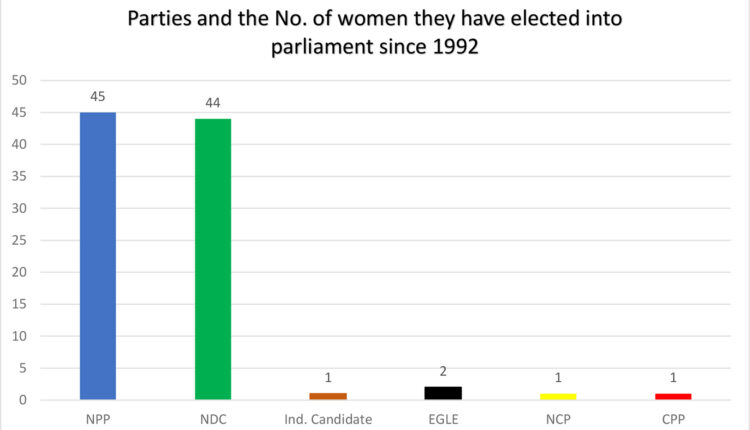
A 2019 study conducted by the University of Lesotho’s Rapitse, Mukurunge and Bhila into print coverage of female politicians revealed that many newspaper headlines were dominated by male politicians and it was rare for female politicians to enjoy that same level of prominence. This makes it difficult for other women to see themselves represented and fully participating within the realm of national politics.
A similar study from the University of Gothenburg further reiterated these findings; “……even when controlling for the number of women in parliament, electoral system, gender quotas, level of human development, level of women’s rights, freedom from corruption, and media access, a significant relationship between media sexism—measured as (i) the share of all news subjects that are women and (ii) the share of all news subjects portrayed in the function of experts who are women—and the share of women candidates for parliament: the higher the level of media sexism, the lower the share of women candidates.”
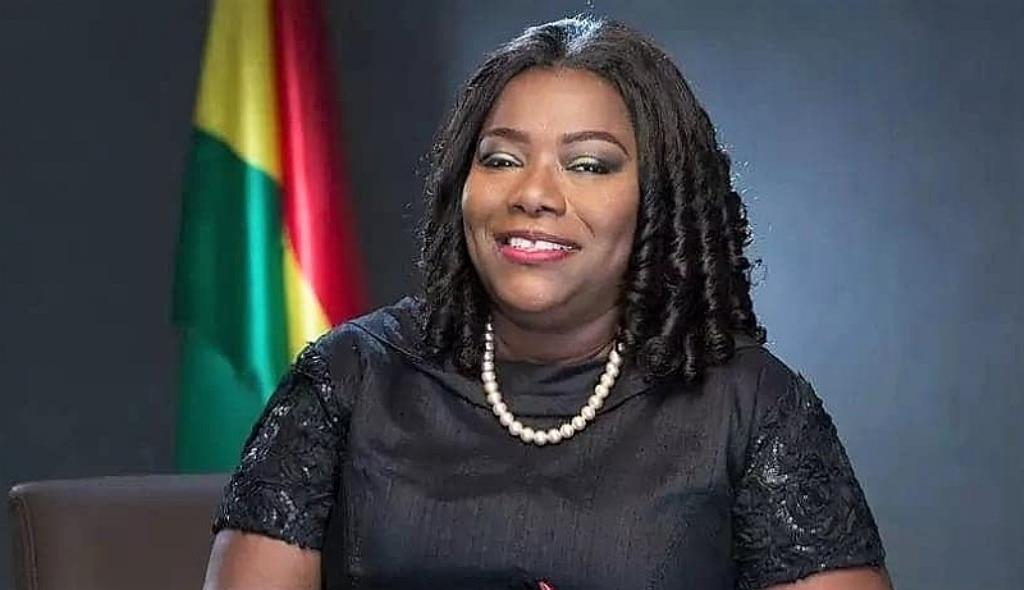
Both studies used the theory of the bystander effect to show that sexist portrayals of women in the media stifle ambition among women who, in a less sexist media environment, would be willing to stand as political candidates. A common occurrence is also when the transgressions of male politicians are reported within the context of their office but that of female politicians are reported within the context of their character – and ultimately that of the entire female population.
For example, when the National Security Minister, Albert Kan-Dapaah was caught in a compromising position on video with his girlfriend, media headlines reported it as a gaffe and although his resignation was discussed, it was not seen as a reflection on every male politician. In Ghanaian society it is acceptable for an older man to have a younger lover; so although the episode was embarrassing, it was not heinous enough to encourage a resignation.
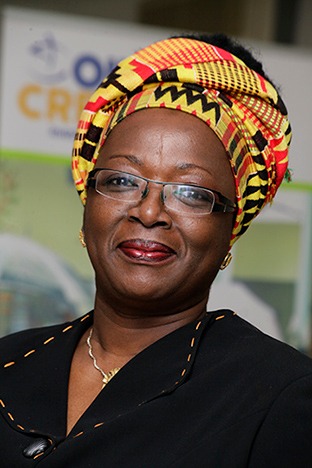
However this is in stark contrast to the summary dismissal of Victoria Hammah who was caught on tape bragging that she wanted to make a million dollars in office before her exit. Her dismissal was seen as a sign of the then National Democratic Congress (NDC) government’s low tolerance of corruption; and the subsequent conversation centered on young women in parliament and their priorities or lack thereof.
It is well known that politics is an arena that does not always encourage female participation. Societal norms, traditional practices, lack of support, fear of damaging press all make for a very hostile climate that makes it difficult for potential candidates to pursue this path.
Despite Ghana’s signature on several conventions pushing for greater gender inclusion there has been very little progress made. Tragically, a promise from each political party to reserve at least 30% of seats for women during the run up to the 2016 election came to naught when the winning party quietly reneged.
At the writing of this article, the affirmative action bill is still languishing in parliament house without a firm commitment to its passage into legislation because to paraphrase Speaker Dr. Rev Mike Ocquaye “We need women who are competent and qualified”
Western allies tout Ghana as the beacon of democracy which is ironic when one considers that women make up 52% of the population but are only represented by roughly one-tenth of that figure.
Perhaps there is a silver lining to this cloud; in four months, at least 60 women will be standing as parliamentary candidates. Also with the selection of Prof. Jane Naana Opoku Agyeman as the Vice President candidate of the National Democratic Congress (NDC), there is a possibility that Ghana will be electing its first female VP. So far, the articles around her selection have focused on her academic credentials, her tenure as a former Minister of Education and her tenure as the first female Vice Chancellor of the University of Cape Coast.
Furthermore, there is also increasing demands from gender advocacy groups for journalists to be more circumspect and exercise gender nuance when writing on female politicians.
It is hoped that the fourth estate of governance will heed these calls and train their journalists accordingly. After all, what is the point of encouraging more women to participate in the governance process if journalists will portray them in a sexist and damaging light?

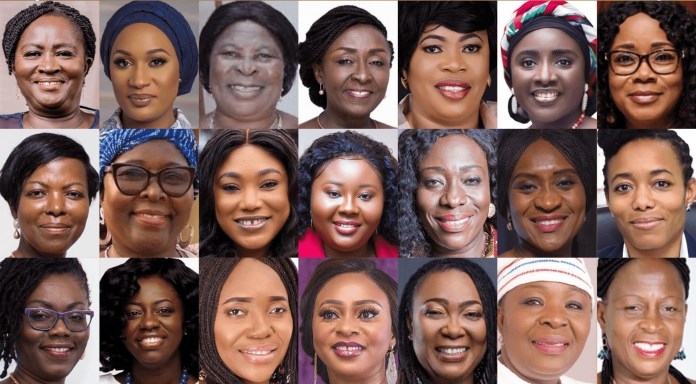

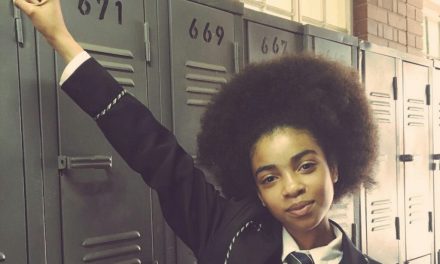

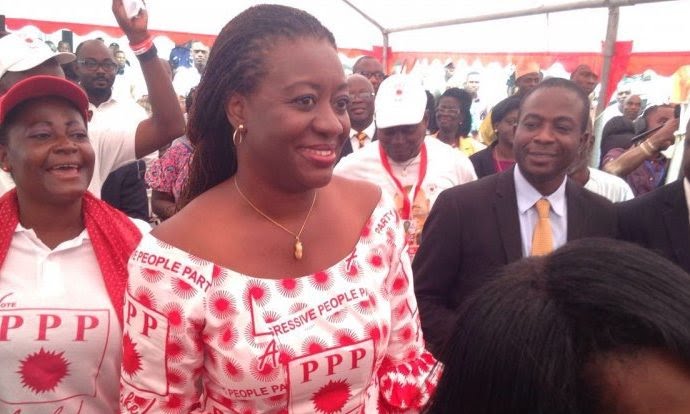
Excellent piece Jennifer. And one of like to explore further perhaps in an interview on women and sexism in politics.